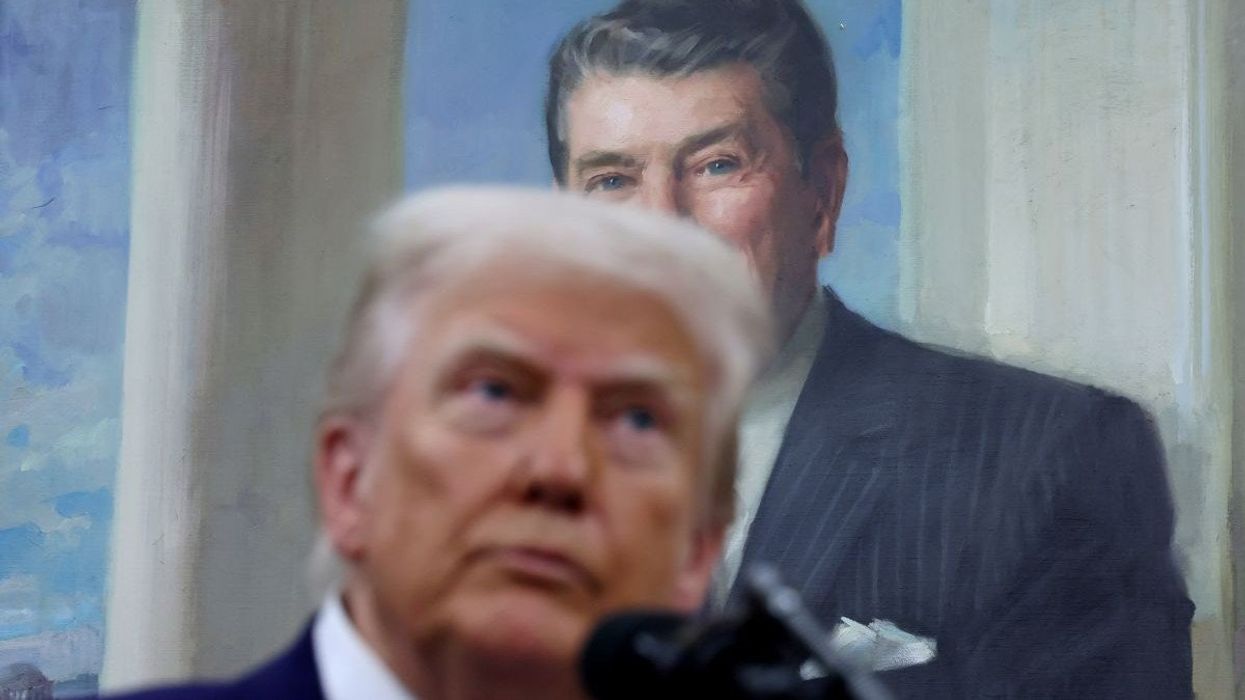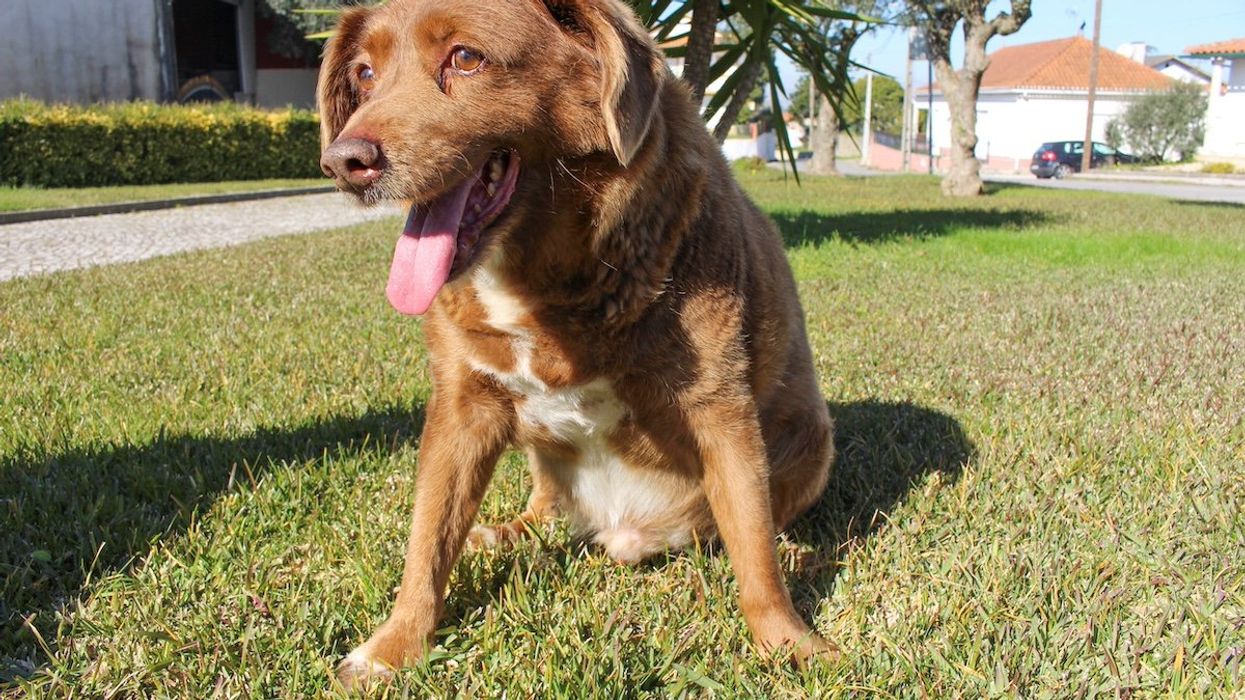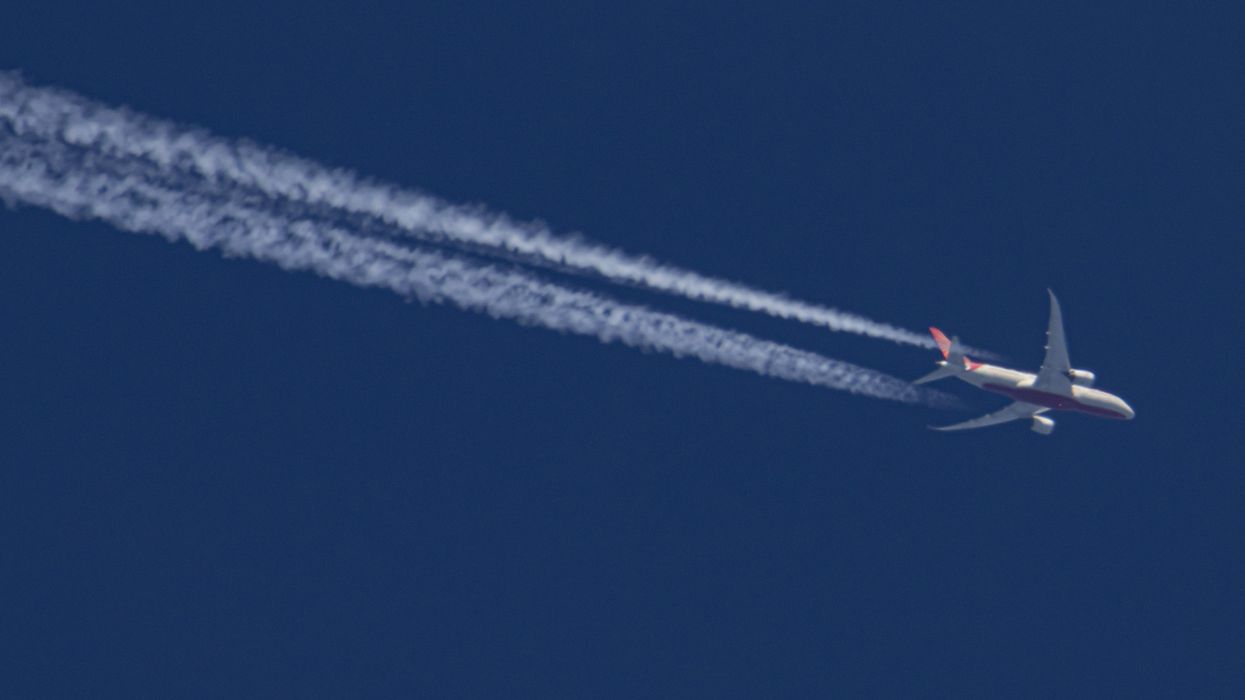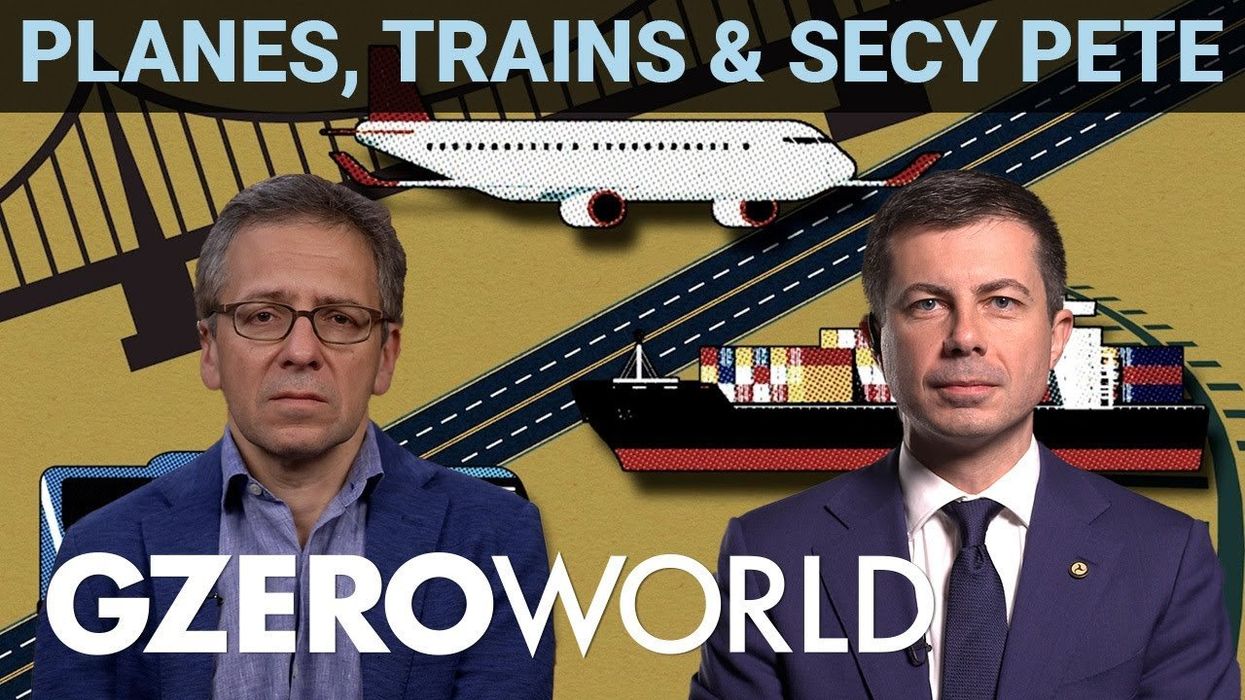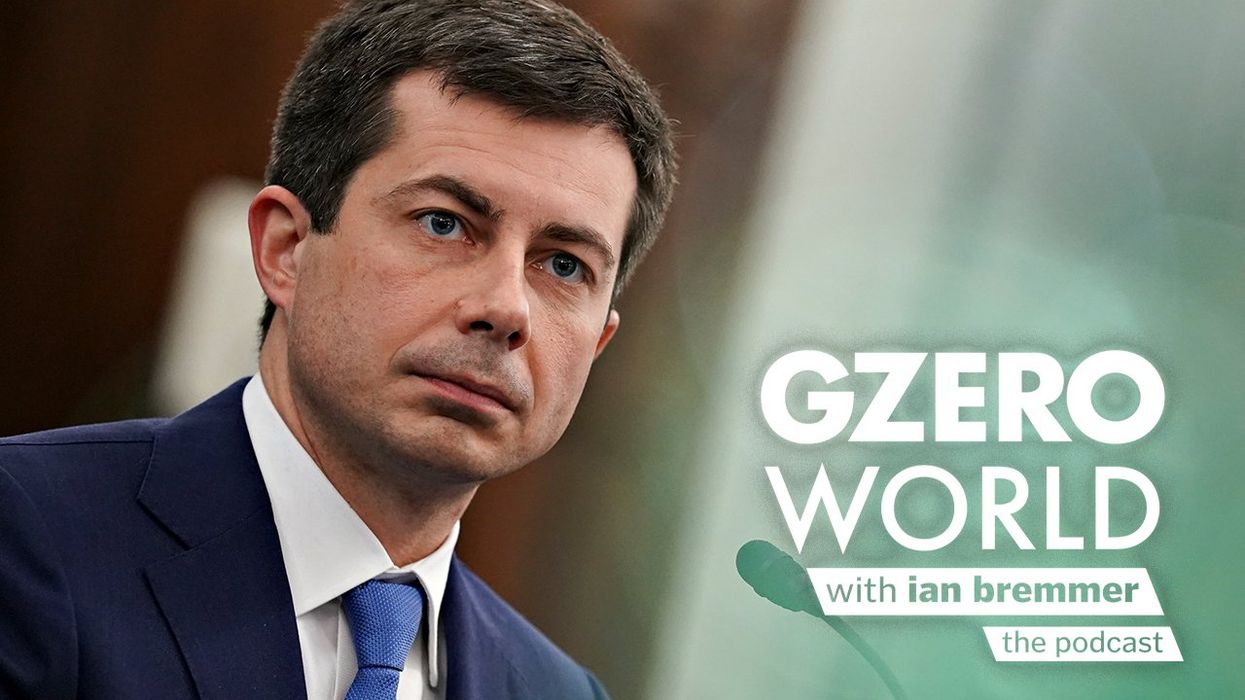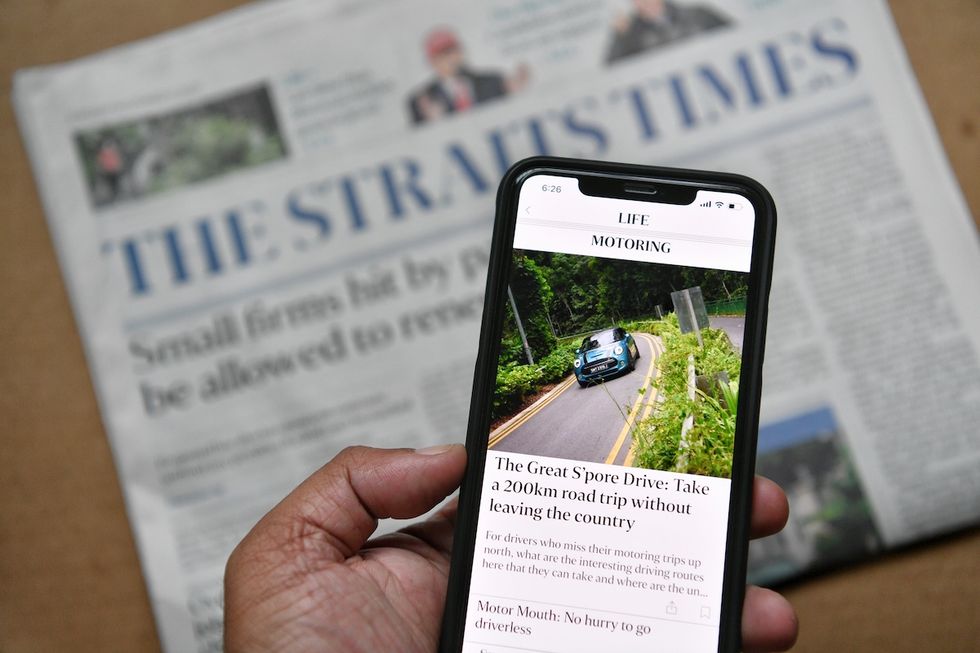GZERO North
What We’re Watching: Judge jams Trump tariffs, Harvard fight moves into court, Canadian carriers cut US flights
Donald Trump’s tariff gamesmanship ran into a legal brick wall on Wednesday when the Court of International Trade ruled that he did not have the authority to impose sweeping “Liberation Day” import duties.
May 29, 2025
